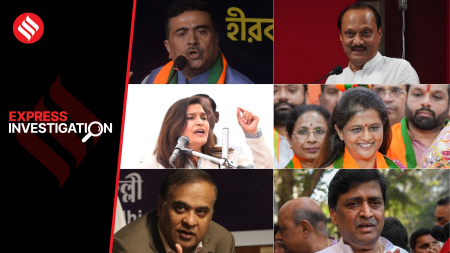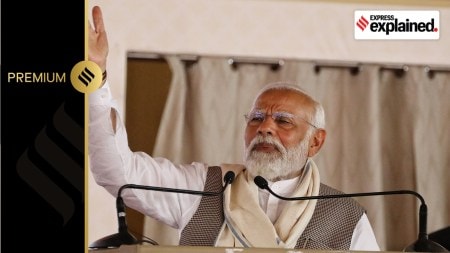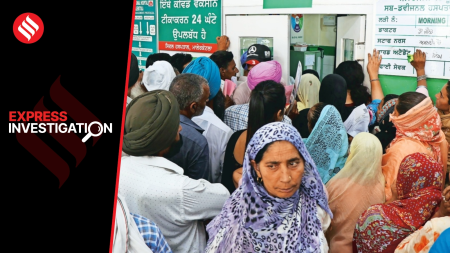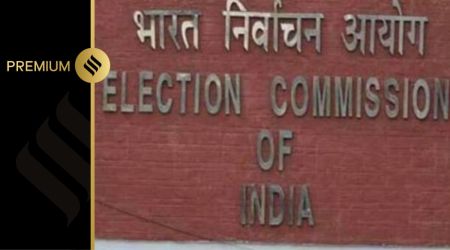- India
- International
Three days before Supreme Court scrapped scheme, Govt cleared printing of Rs 10,000-cr electoral bonds
13 days after apex court order, SBI was told to ‘immediately put a hold’
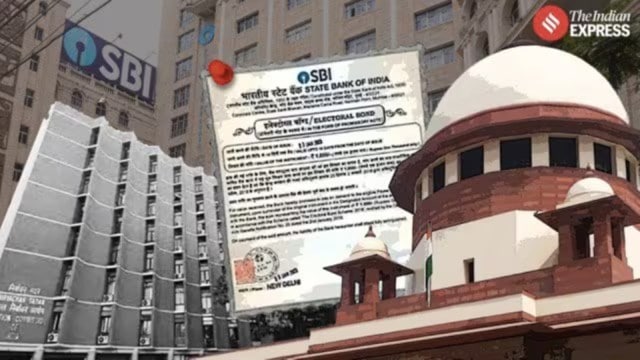 The instructions to stop the printing went out in a trail-mail titled “Hold on Printing of Electoral Bonds — Electoral Bond Scheme 2018” dated February 28 from SBI to SPMCIL.
The instructions to stop the printing went out in a trail-mail titled “Hold on Printing of Electoral Bonds — Electoral Bond Scheme 2018” dated February 28 from SBI to SPMCIL.Three days before the Supreme Court struck down the electoral bonds as unconstitutional, the Finance Ministry had given final approval for the printing of 10,000 electoral bonds each of Rs 1 crore by the SPMCIL (the Security Printing and Minting Corporation of India).
And it was on February 28, a fortnight after the Supreme Court order, that the Finance Ministry told State Bank of India to “immediately put a hold” on printing of the bonds.
This has been revealed in file notings of correspondence and emails exchanged between the Finance Ministry and SBI obtained by The Indian Express under the Right to Information Act. These records also reveal that the SPMCIL had already printed — and dispatched to the SBI — 8,350 bonds.
In all, 22,217 electoral bonds were redeemed since the inception of the scheme. The BJP redeemed Rs 8,451 crore; Congress Rs 1,950 crore; Trinamool Congress Rs 1,707.81 crore and BRS Rs 1,407.30 crore.
The instructions to stop the printing went out in a trail-mail titled “Hold on Printing of Electoral Bonds — Electoral Bond Scheme 2018” dated February 28 from SBI to SPMCIL.

The SBI’s Assistant General Manager of its Transaction Banking Department wrote: “We have acknowledged the receipt of 4 boxes of Security forms of Electoral Bonds containing total 8350 Bonds email dated 23.02.2024…. As in the light of judgment given by the Honourable Supreme Court we request you to put a hold on the printing of the remaining 1,650 Electoral Bonds for which approval had been given via Budget Division Letter dated 12.01.2024.”
A note dated February 27 had put on record that the order was for printing 400 booklets and 10,000 Electoral Bonds and that the approval of the “Government of India” for placing the order to SPMCIL was finally given on February 12.
Another mail went out the same day from the Finance Ministry’s Budget section to the SBI and others in the Ministry asking that the “State Bank of India is requested to kindly communicate immediately to SPMCIL to put a hold on the printing of the remaining 1,650 Electoral Bonds for which approval had been given.”
Apr 05: Latest News
- 01
- 02
- 03
- 04
- 05



